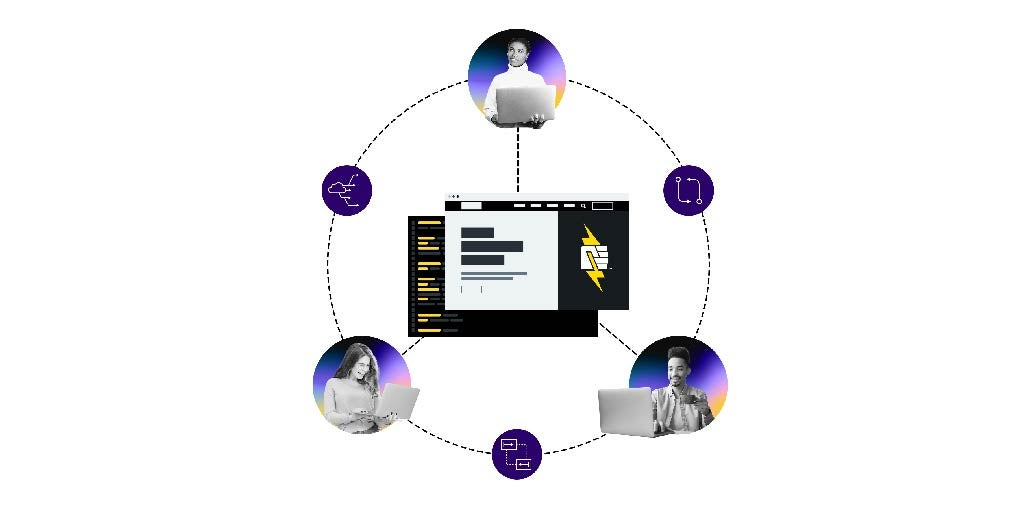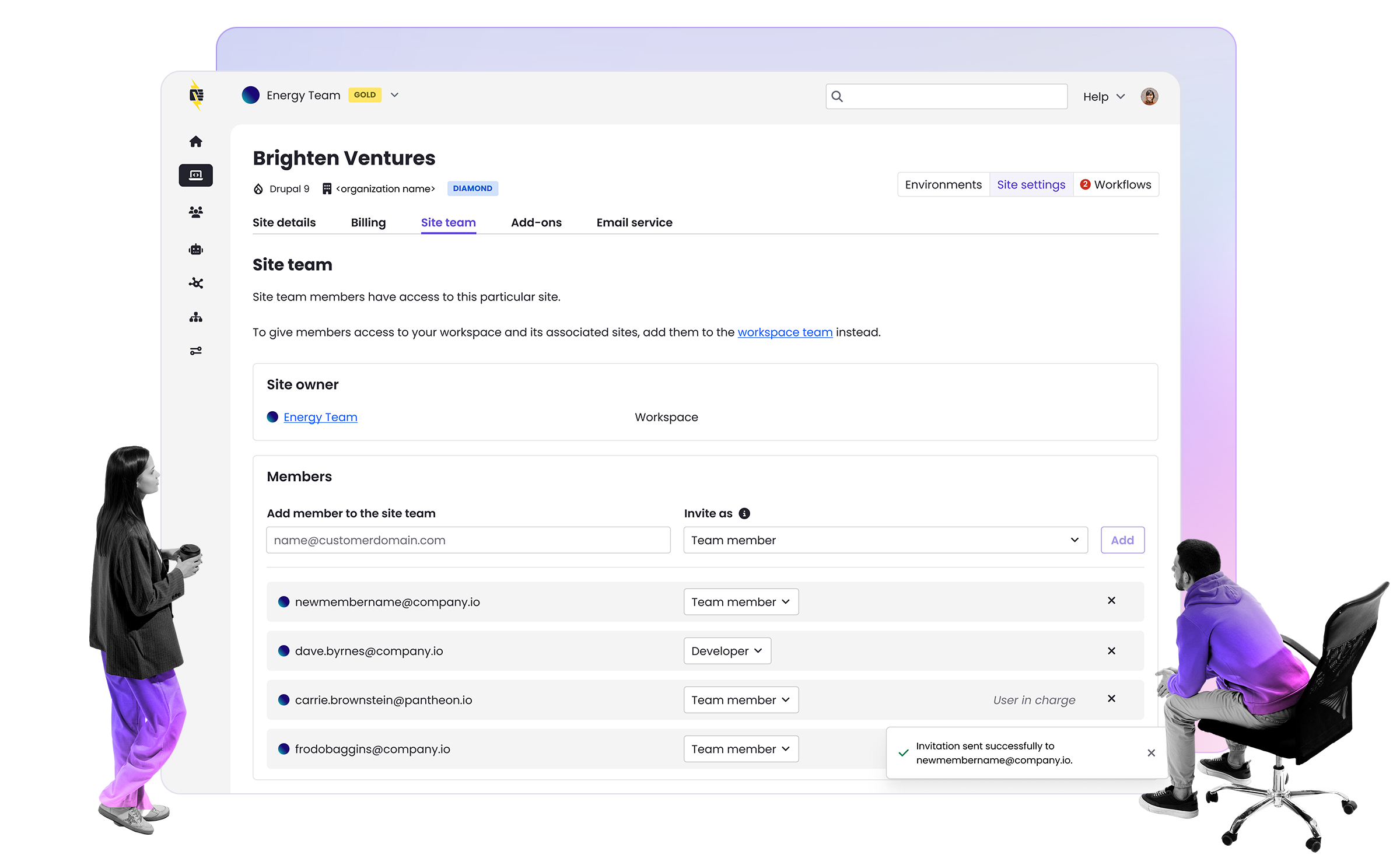How Multidev Enables Distributed Web Development Teams
Image

Teams that build websites and marketing projects are often distributed geographically or across groups. It's common to have multiple internal and external collaborators, whether that's IT, marketing and a vendor, or a small business owner and a few independent contractors. Increasingly, these different players are spread out across the globe.
Advances in project management and communications technologies made coordinating this kind of team possible. When you can run a scrum process gathering a globally distributed team on Skype, you have some potent organizational potential. However, the tools and workflow for actual nuts and bolts collaboration are just now catching up.
Ten years ago, the ubiquitous and inexpensive VoIP and conferencing and the advent of online project coordination tools like Basecamp helped made it much easier to coordinate distributed teams. This was an era in which most work was still siloed between working groups, with distinct hand-offs and very different work product.
Typically a "web designer" would work with the project owner to devise and deliver high-resolution graphic comps, usually rendered in Adobe Photoshop or Illustrator. These would be handed over to developers to turn into a working site, and then go through QA and (eventually) launch.
Flash Forward to 2013
Things have changed. The print-era design thinking of the past — "here's a picture of what I want, now turn it into a website" — has been exchanged for a multi-format, content-agnostic paradigm. That's good news, as the print paradigm is not well suited to the modern world, where sites are updated daily and may be viewed on phones, tablets, or conventional browsers.
Furthermore, the waterfall flow of design comp to code implementation feels increasingly antiquated; agile workflows are now considered best practice. Cutting edge designers still use graphics suites to sketch, but their real work is increasingly done in the language of the web (HTML/CSS) directly, and they are actively engaged in feedback loops as a project iterates toward completion.
Under these circumstances, a modern web project can't be done by coordinating discrete handoffs — you need to let the team actually work on the site together. Modern content management frameworks support this architecturally by abstracting data model, design, and business logic (the MVC pattern), but how the actual collaboration happens remains an unanswered question.
The application architecture made it fairly straightforward to identify what area of the codebase each team would take primary responsibility for, but integration is a huge challenge. We conceived Pantheon Multidev based on our experience solving this problem for large Drupal projects spread across multiple groups.
In addition to ironing out bugs and environmental issues in integration, the ability to share and collaborate pays numerous secondary benefits. Teams that can review and contribute to one another's work enjoy significantly better working dynamics and outcomes.
It's not hard to imagine why we're seeing an increase in velocity and effectiveness among distributed teams using our Multidev tools. When work is siloed away between team members — whether on one team's office network, or inside one contractor's laptop — that's a barrier collaboration, slowing the tempo at which they can successfully iterate.
When teams use Cloud Development Environments, they can collaborate in real-time. It's a one-click operation for developers to pull in changes from the design team, or for the QA team to re-set their database to the latest state.
Removing the time-suck and risk for these operations enables much tighter cycle times, helps teams focus on getting things "done", and ultimately leads to more on-time lauches and update releases. And that makes companies and organizations more effective in their use of the web.


